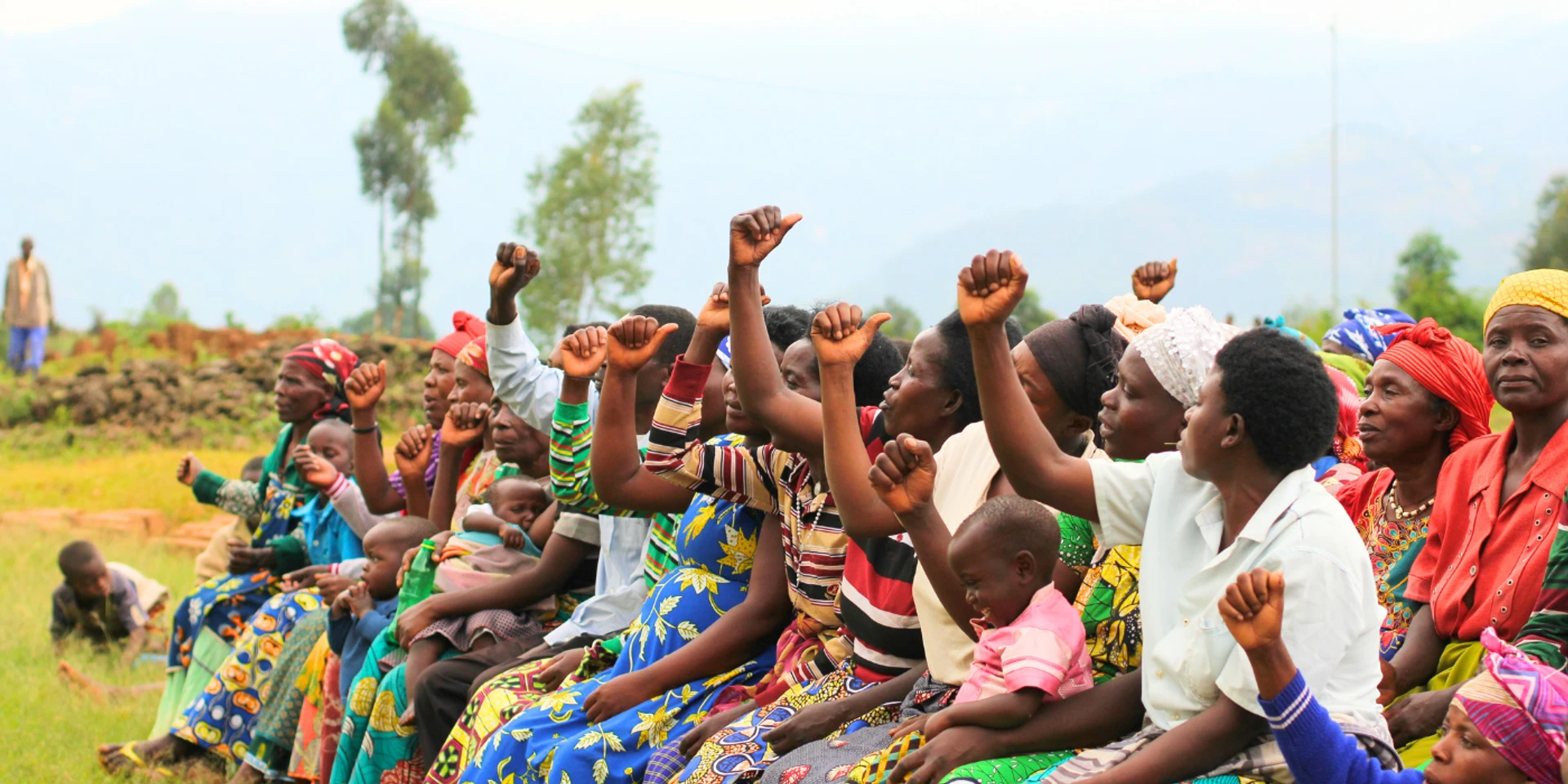Law, War and Returns

It is easy to think that times of war are chaotic and, therefore, devoid of law and order. But, a public authority lens can show that order, governance, and even law exist during conflict.
In South Sudan, when conflict escalated in 2013, many aid agencies and donors paused justice programmes. They perhap thought that the law had nothing to do with responding to the emergency, or that supporting the rule of law would entrench the authority of an authoritarian government.
A public authority concept is helpful for noticing the prevalence of order, governance and even law during times of war. It also helps determine how people use law as a mechanism for protection and a means to stay safe. Rule of law is not necessarily benign (in times of war or peace), and scholarship in Sudan, Rwanda, and Somalia has recently highlighted that war can be used as a tool of war by authoritarian regimes.
When legal institutions are absent in South Sudan, it has been easy for military leaders to mobilise armed forces by inciting a popular moral demand for revenge.
This report explores the politics of legal institutions in Unity and Lakes States in South Sudan during years of war and peace. Research findings allow for a discussion of under what conditions law promotes safety, security and inclusive logics of public authority.
The research makes the following key arguments:
- Legal institutions and norms are important for providing protection during war and the return of displaced persons.
- Legal institutions are significant in the making and entrenching of public authority. For example, the armed opposition in Unity State from 2014 quickly established a court system to help assert its authority and control over the local population.
- When legal institutions are absent in South Sudan, it has been easy for military leaders to mobilise armed forces by inciting a popular moral demand for revenge.
- Legal reforms are a common way in which rule of law, legal certainty and legal institutions become absent. The report describes how legal reforms, including those that claim to promote the rule of law, can create legal uncertainties that further exaggerate authoritarian governance and moral populism. For example, in Lakes State after the Comprehensive Peace Agreement, the UN and South Sudanese government promoted legal reform that they argued would promote the rule of law. However, as the High Court competed for cases with the chiefs' courts, various rulings in cases involving serious crimes were overturned on minor procedural matters, which ignited further armed conflict.
- At the same time, some legal institutions have also been a powerful tool to contest exclusive and predatory logics of public authority, and to create the potential for safety and security.
The report provides a summary of key findings from research commissioned by World Relief and supported by the ESRC-funded Centre for Public Authority and International Development at the Firoz Lalji Institute for Africa and the FCDO-AHRC-funded grant Safety of Strangers.
Research Team
Gatwech Wal (Lawyer and Researcher, World Relief, South Sudan)
Naomi Pendle (Assistant Professorial Research Fellow, CPAID, LSE)
Read the full research report: 'Law, War and Returns: Learning from South Sudan'.